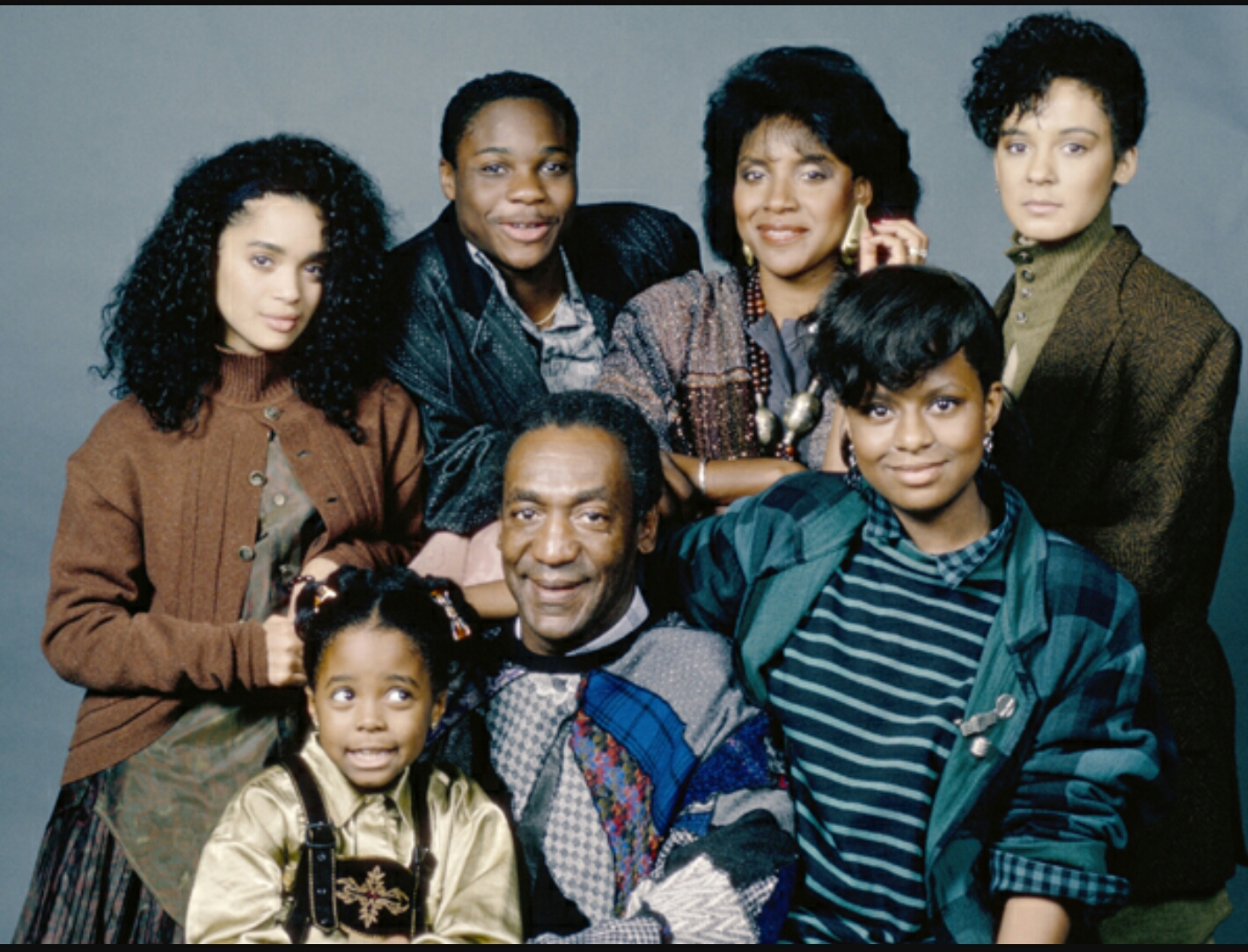The Cosby Show revolutionized American television when it first aired in the 1980s. This groundbreaking sitcom not only entertained audiences but also reshaped cultural conversations around race, family dynamics, and social issues. Over its eight-season run, the show garnered critical acclaim and remains a significant part of television history. In this article, we will explore the show's premise, its characters, its cultural impact, and the controversies that have emerged over the years.
The Cosby Show follows the lives of the Huxtable family, a well-to-do African American family living in Brooklyn, New York. The series was groundbreaking for its portrayal of a successful black family, which was a rarity in television at the time. The show showcased the everyday challenges and triumphs of the Huxtables while addressing relevant social issues such as education, parenting, and race relations in America.
As we delve into the impact of The Cosby Show on television and society, we will analyze its legacy, the lessons it imparted, and the controversies surrounding its creator, Bill Cosby. This comprehensive exploration aims to provide insights into why The Cosby Show remains a significant cultural touchstone and how it continues to influence television today.
Table of Contents
- 1. The Premise of The Cosby Show
- 2. Main Characters and Their Development
- 3. Cultural Impact and Legacy
- 4. Controversies Surrounding Bill Cosby
- 5. Viewership Statistics and Reception
- 6. Lessons Learned from The Cosby Show
- 7. Modern-Day Relevance
- 8. Conclusion
1. The Premise of The Cosby Show
The Cosby Show revolves around the lives of Dr. Heathcliff Huxtable, played by Bill Cosby, and his wife Claire, portrayed by Phylicia Rashad. Together, they raise their five children in a loving and nurturing environment. The show addresses various themes from family values to the importance of education, all while maintaining a comedic tone.
2. Main Characters and Their Development
2.1 The Huxtable Family
The Huxtable family consists of key characters that resonate with audiences. The portrayal of each character is multifaceted, showcasing their growth throughout the series.
- Heathcliff Huxtable: The patriarch, a successful obstetrician.
- Claire Huxtable: A lawyer who balances her career and family life.
- Sandra Huxtable: The eldest daughter, who navigates college life and relationships.
- Dennis Huxtable: The middle child, known for his humorous antics.
- Rudy Huxtable: The youngest daughter, who adds innocence and charm to the family.
3. Cultural Impact and Legacy
The Cosby Show was groundbreaking in its representation of African American families. It broke stereotypes and presented a black family in a positive light, which had been largely absent from mainstream media. The show's success paved the way for future African American-led sitcoms, influencing the television landscape for generations.
4. Controversies Surrounding Bill Cosby
Despite its success, The Cosby Show's legacy has been marred by serious allegations against Bill Cosby. In recent years, multiple accusations of sexual assault have surfaced, leading to a reevaluation of the show's impact and Cosby's role in it. This controversy has sparked discussions about accountability in the entertainment industry and the separation of art from the artist.
5. Viewership Statistics and Reception
The show achieved impressive viewership ratings, consistently ranking among the top programs during its run. According to Nielsen ratings, The Cosby Show was the number one television program in America for five consecutive years. Its popularity demonstrated the demand for diverse representations in media.
6. Lessons Learned from The Cosby Show
The Cosby Show taught audiences valuable lessons about family, love, and perseverance. It highlighted the importance of education, responsible parenting, and open communication within families. These themes remain relevant today, making the show a timeless classic.
7. Modern-Day Relevance
Even decades after its premiere, The Cosby Show continues to be relevant in discussions about race, representation, and family dynamics in America. Its influence can be seen in contemporary television shows that strive to reflect diverse experiences and challenge societal norms.
8. Conclusion
In summary, The Cosby Show has left an indelible mark on American television and culture. While the controversies surrounding Bill Cosby have complicated its legacy, the show's impact on representation and family dynamics remains significant. As we reflect on The Cosby Show, we are reminded of the importance of diverse narratives in media.
We invite you to share your thoughts on The Cosby Show in the comments below. What lessons did you take away from the series? Don't forget to explore our other articles for more insights into television history and its cultural impact.
Thank you for reading! We hope you found this deep dive into The Cosby Show informative and engaging. Be sure to return for more articles on iconic television series and their lasting influence.


